8 March 2025
Have you ever wondered why your favorite games seem to have these epic, unforgettable moments that feel like they’re pulled straight out of a blockbuster movie? Or why every time there’s a new event in an online game, the community can’t stop talking about it for weeks? Well, let me tell you—they’re not just doing it for fun (although that’s part of it). Game developers are sneaky masterminds. They use in-game events to expand on game lore, deepen the story, and connect players on a whole new level.
In this article, we’re diving deep into how in-game events become storytelling masterpieces. So buckle up—this is going to get interesting. 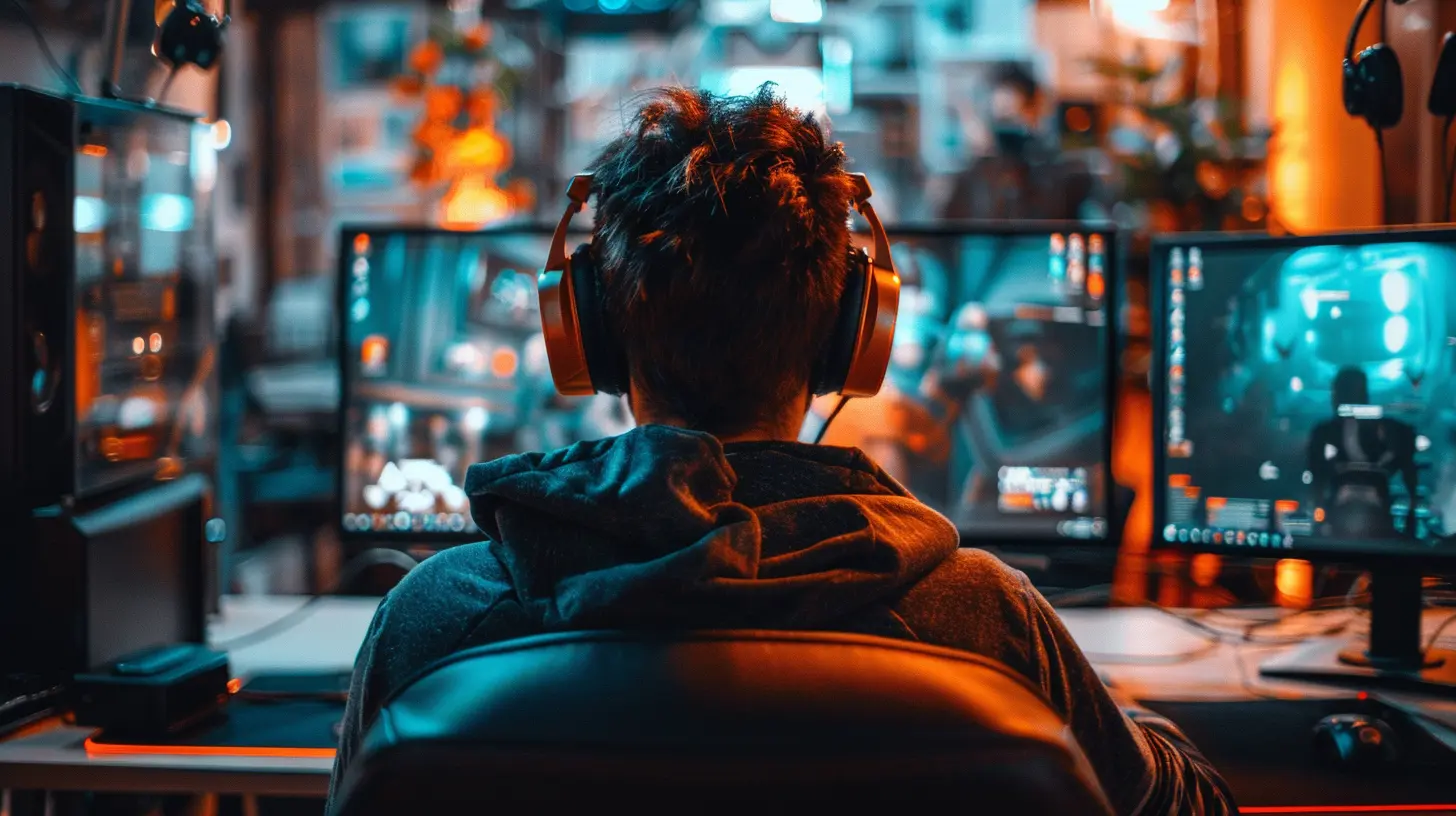
What Are In-Game Events?
Before we get into the nitty-gritty of how game lore ties into all this, let’s make one thing clear: What exactly are in-game events? At their core, in-game events are timed occurrences within a video game. They could be seasonal drops, collaborations, live events, or special quests. Think of them like mini-holidays in the world of a video game.Got an example in mind? Maybe you remember the massive Galactus event in Fortnite, the Lunar New Year celebrations in Overwatch, or how World of Warcraft rolls out its annual in-game festivals. These aren’t just random bits of fun. Developers use them as finely-tuned narrative tools to expand the game world and immerse players further.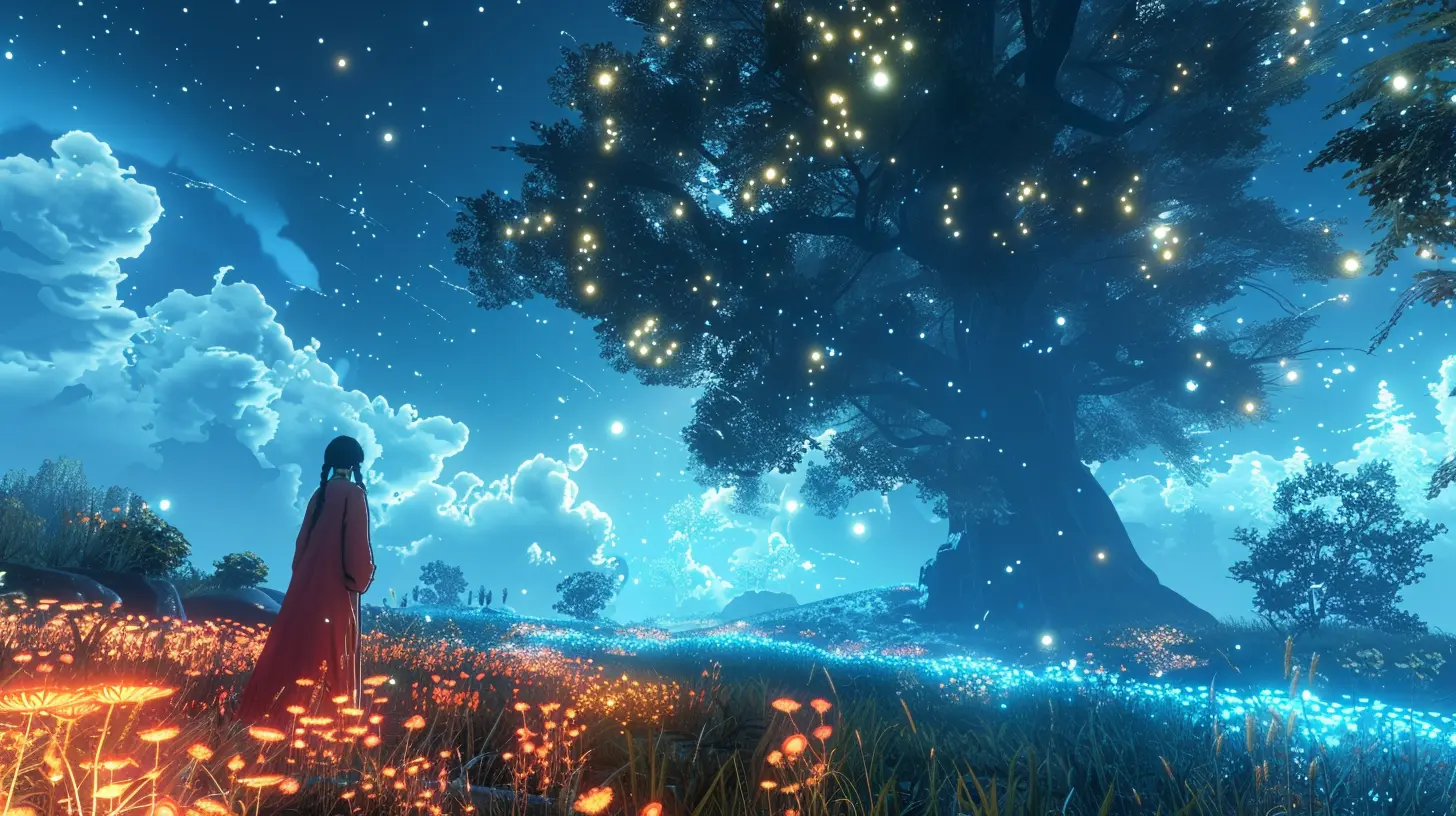
Why Add Lore to Games Anyway?
Let’s back up a second. Why is game lore even important? Isn’t gameplay the main thing? Well, yes, but think about it like this: gameplay is the bones of a game, and lore is the flesh and skin that make it feel alive. Without lore, games can feel a bit… hollow.Lore gives players a reason to care about what they’re doing in the game. Mechanics are fun, sure—but it’s the story that turns those mechanics into meaning. Why are you collecting those resources? Why are you fighting that villain? What’s at stake? That’s where lore comes in. And no, developers aren’t just dumping a bunch of text on you. They weave the lore into the gameplay, and in-game events have become their secret weapon to do this.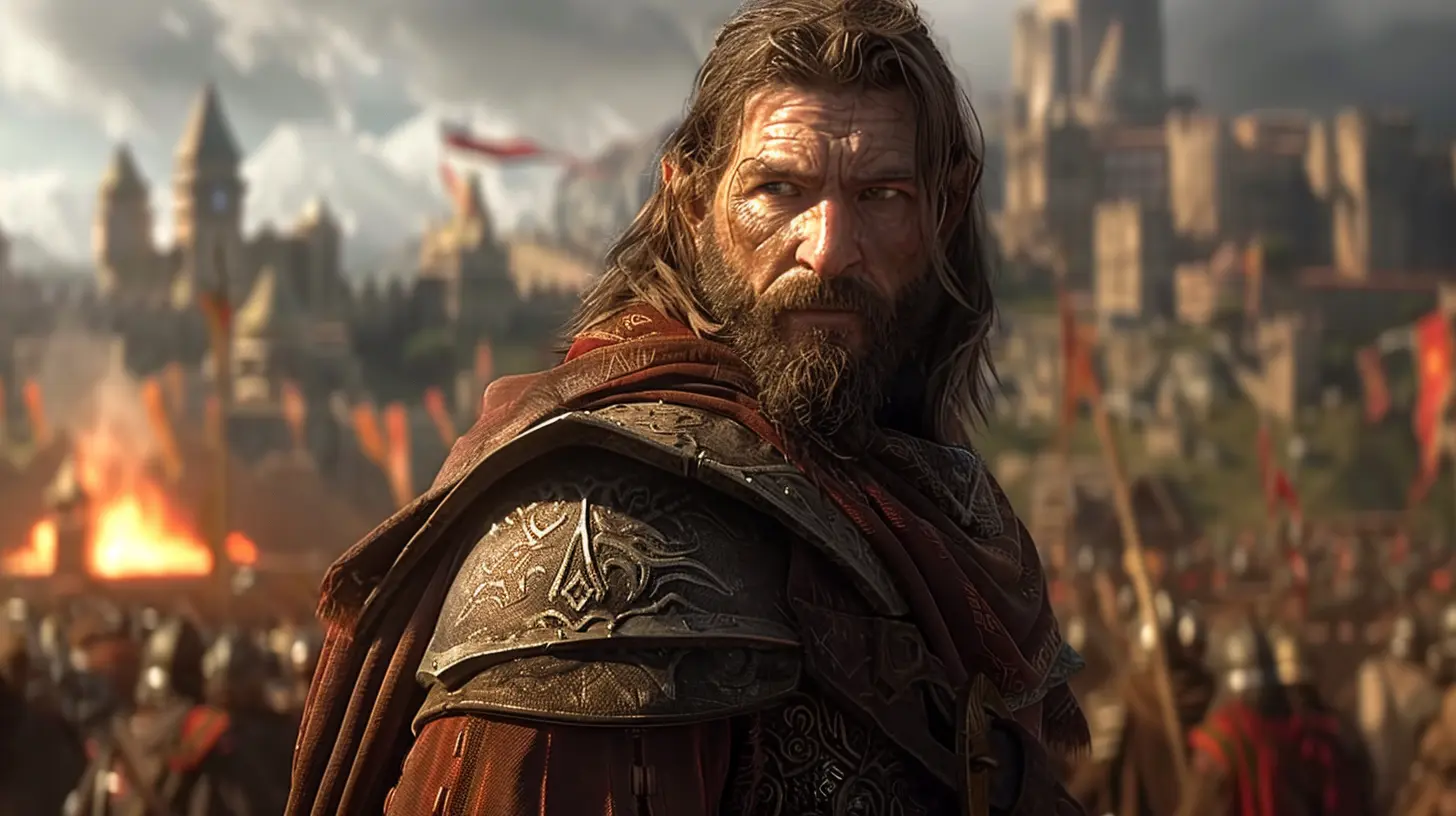
How In-Game Events Expand Game Lore
So how do in-game events serve as storytelling tools? Let’s break it down.1. Creating Momentous Plot Points
In-game events are where the big stuff happens. It’s like the season finale of a TV show—high stakes, major reveals, and unforgettable drama. Developers use events to push the story forward in ways that feel grand and exciting.Take Fortnite’s live events, for example. Remember the “The End” event? When the map literally got sucked into a black hole and players couldn’t even log in for hours? It was more than just a cool visual spectacle. That event reset the narrative, paving the way for a new chapter in the game’s lore.
These events aren’t just fun to watch; they make the game world feel dynamic and ever-changing. Suddenly, the stakes are real, and players can’t help but feel like they’re part of something bigger.
2. Fleshing Out Characters
In-game events are also a great way to give characters more depth. Think about it—how well do you know most of the characters in your favorite games? Outside of cutscenes, probably not super well, right? Developers use events to shine a light on backstories, relationships, and motivations.A good example is Overwatch’s seasonal events. Every Halloween, the game brings out Junkenstein’s Revenge, a co-op PvE mode where players battle waves of enemies. It’s not just a fun mode; it’s also an opportunity to explore some of the more minor characters and their quirks. You learn more about their personalities, their histories, and how they interact with others.
It’s like peeling back layers of an onion, except instead of crying, you’re grinding for loot boxes.
3. Building Mythology and History
Every good game world has some kind of mythology or history behind it. In-game events are the perfect excuse for developers to dig into that lore goldmine. Whether it’s ancient prophecies, legendary battles, or mysterious artifacts, events let them bring that history into the present.Take Destiny 2, for instance. Bungie uses events like The Dawning or Solstice of Heroes to shine a light on the game’s deeper lore. These events often give players tidbits of information about the game’s universe—whether it’s through the items you collect, the quests you complete, or the dialogue you hear. Suddenly, the world feels richer, deeper, and more immersive.
4. Player Participation Drives the Story
This is where things get really clever. Developers are increasingly letting players influence the story through events. It’s not just about giving you lore—it’s about letting you shape it.EVE Online is famous for this. The game’s developers set up massive, player-driven events where the community essentially writes the story themselves. When factions go to war or alliances form, it creates ripple effects that change the lore of the game forever. And the beauty of it? Players own those moments.
Imagine being able to say, “I was there when the Citadel fell,” or, “I helped decide the fate of this universe.” That level of immersion and player engagement is next-level storytelling.
5. Foreshadowing Future Content
One of the coolest tricks in a developer’s playbook is using events to tease what’s coming next. Think of it like a trailer for a movie, but interactive. Developers drop little breadcrumbs during events—mysterious objects, cryptic dialogue, or unexplained phenomena—that make players start theorizing like mad.Epic Games has been doing this brilliantly with Fortnite. They leave subtle clues in events that hint at future seasons or major map changes. A meteor in the sky? A strange rift opening up? Players become detectives, piecing together what it all means. This not only builds hype but also strengthens the community by giving players something to rally around.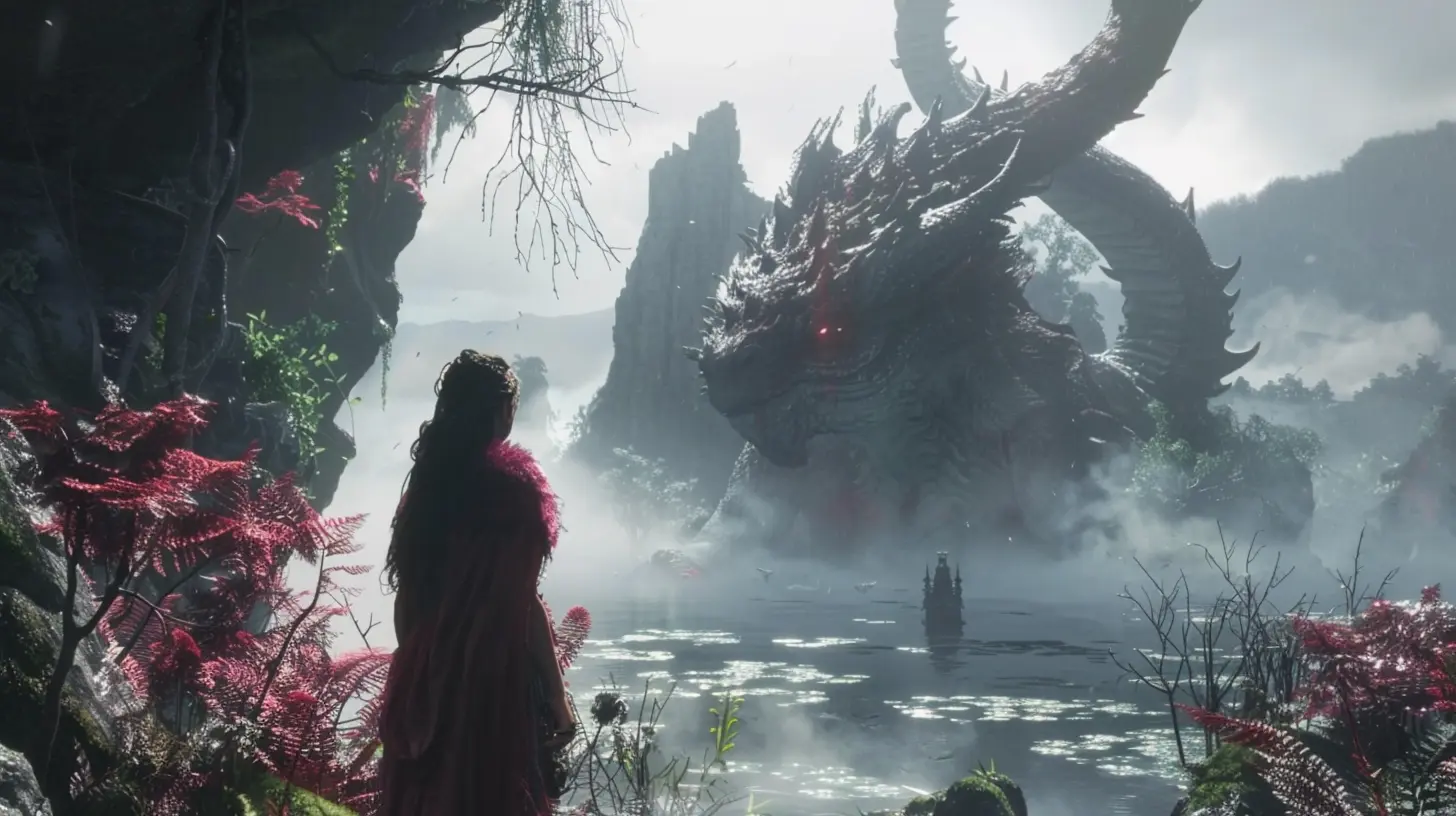
The Emotional Connection
At the end of the day, in-game events aren’t just about advancing the plot or dropping cool lore bombs. They’re about creating emotional connections. They make players feel like they’re part of something extraordinary—like they’re not just playing a game but living in its world.When you experience an event alongside millions of other players, there’s this shared sense of awe and excitement. You’re in the trenches together, witnessing history unfold. In a way, it turns an individual gaming experience into a collective memory. That’s powerful stuff.
Challenges of Tying Lore to Events
Now, let’s not pretend everything’s sunshine and rainbows. It’s not always easy to tie lore to in-game events. Here are a couple of challenges developers face:- Exclusivity Issues: Missed the event? Too bad, you might miss out on key lore. This can create a “fear of missing out” (FOMO) that frustrates some players.
- Balancing Gameplay and Story: Events need to be fun, but if they’re too story-heavy, some players might tune out. Finding the right balance is tricky.
- Player Fatigue: If events happen too often, they lose their impact. It’s like eating cake every day—it stops feeling special.
But the best developers figure out how to navigate these pitfalls and keep players engaged.
Why It Works
So why does tying game lore to in-game events work so well? Simple—it makes the lore dynamic. Instead of reading about the backstory in a wiki, players get to experience it in real time. It turns passive storytelling into active participation. And when you’re part of the story, you care a whole lot more about what’s happening.It’s the difference between watching a movie and being in the movie. And honestly, who wouldn’t want to be the hero of their own story?
Final Thoughts
In-game events aren’t just pretty fireworks—they’re carefully crafted storytelling tools. Developers use them to expand game lore, deepen emotional connections, and engage players like never before. From creating unforgettable plot twists to letting players participate in the narrative, events are a genius way to make game worlds feel alive.So next time you’re grinding through an event, take a moment to appreciate the bigger picture. You’re not just collecting loot or fighting bosses—you’re part of something much bigger. And that’s what makes gaming so magical.


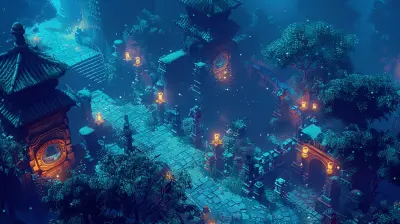
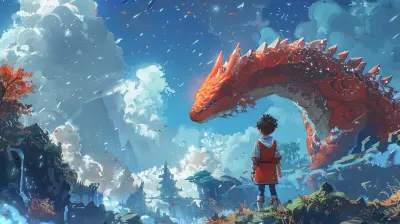

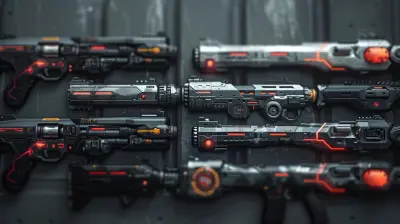
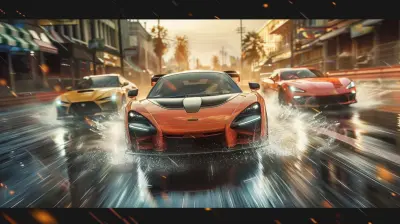
Keira McClendon
In-game events enrich lore, deepening player immersion.
March 27, 2025 at 4:29 AM